Obtaining the formal degree or training required to embark on your chosen career does not mean you have nothing left to learn. Technologies, roles, and industries constantly change and evolve. In order to keep up, you must embrace a culture of lifelong learning.
Research shows that today’s professionals turn to their peers and industry experts as trustworthy sources of professional learning. What’s more, you do not have to dedicate hours every week to professional development. EdCast curates bite-sized knowledge nuggets for professionals in a wide variety of fields. Ten minutes of micro-learning a day is all you need to stay on top of developments in your industry.
1. The Importance of Professional Development
Professional development empowers you to enhance your skill set, leverage emerging technologies, and stay on top of new industry trends and market opportunities. When you find a professional development strategy that translates into career success, you will derive greater enjoyment and self esteem from your work.
Professional development is a requirement in many organizations because it increases every employee’s value to their teams, organizations, and customers. Remember, everyone has customers, not just sales and marketing professionals. Teachers have students, nurses have patients, and librarians have readers. For these reasons, employees who demonstrate a commitment to ongoing education are often favored for promotions by upper management.
2. Designing Your Professional Development Path
Your individual educational path should be shaped by the goals you hope to accomplish. You may want to stay on top of industry developments, or you may need to acquire new skills required for a promotion.
Your end goal, whether it is a promotion or deeper industry knowledge, will dictate your professional development map, just as your career plans governed your college major map. You may also wish to discuss these goals with your supervisor, human resources representative, or professional mentor, just as you discussed your major map with your professors and counselors. Seeking such insights can be critical to your success.
3. Track Your Progress
Do not stop with picturing your plan in your mind. Document it. Like ticking off items on a “to do” list, such documentation will give you a sense of accomplishment. Then, take time to celebrate each milestone. You’ve earned the recognition.
Dedicate a certain amount of time each day to accomplishing your professional development goals, even if only minutes. Consider your best time of day for learning. Do you wake bright-eyed and eager to go? If so, morning may be your ideal learning time. Do you not really get going until later in the day? Schedule learning later. Maintain a calendar and stick to your learning appointments, as though they were meetings with important clients or managers.
As you work your way through your milestones, measure your progress and re-evaluate your plan regularly. Don’t hesitate to make revisions, but don’t change your plan so often that it becomes overwhelming for you to keep up with your goals. Most of all, remember to have fun learning more about what interests you and what will increase your job performance and satisfaction.
Professional Development with EdCast
EdCast provides professional development opportunities for organizations and individuals alike. Designed using up-to-the-minute technologies, EdCast’s program developers understand that the needs of today’s adult learners differ greatly from those of learners just a decade ago. Today’s student learns from peers, appreciates brevity, and is accustomed to having on-demand information access. EdCast understands this and delivers what young professionals need for optimum learning.
Even though they understand its importance, today’s professionals have limited time for continued learning. Additionally, millennial professionals grew up in the age of smartphones, fully immersed in today’s digital world. EdCast’s knowledge network offers the flexibility of a self-paced curriculum that empowers high professional performance. Learners choose from dozens of channels to study topics that matter most to them, such as:
- Sustainable Development
- Entrepreneurship
- Education
- Gaming
- Health Administration
- Finance and Accounting
EdCast members can even create their own individual channels where their network can share articles and knowledge. You can set up your profile, set learning goals, and track continuous progress. EdCast is the perfect platform to engage in lifelong learning practices that help power the knowledge economy.


